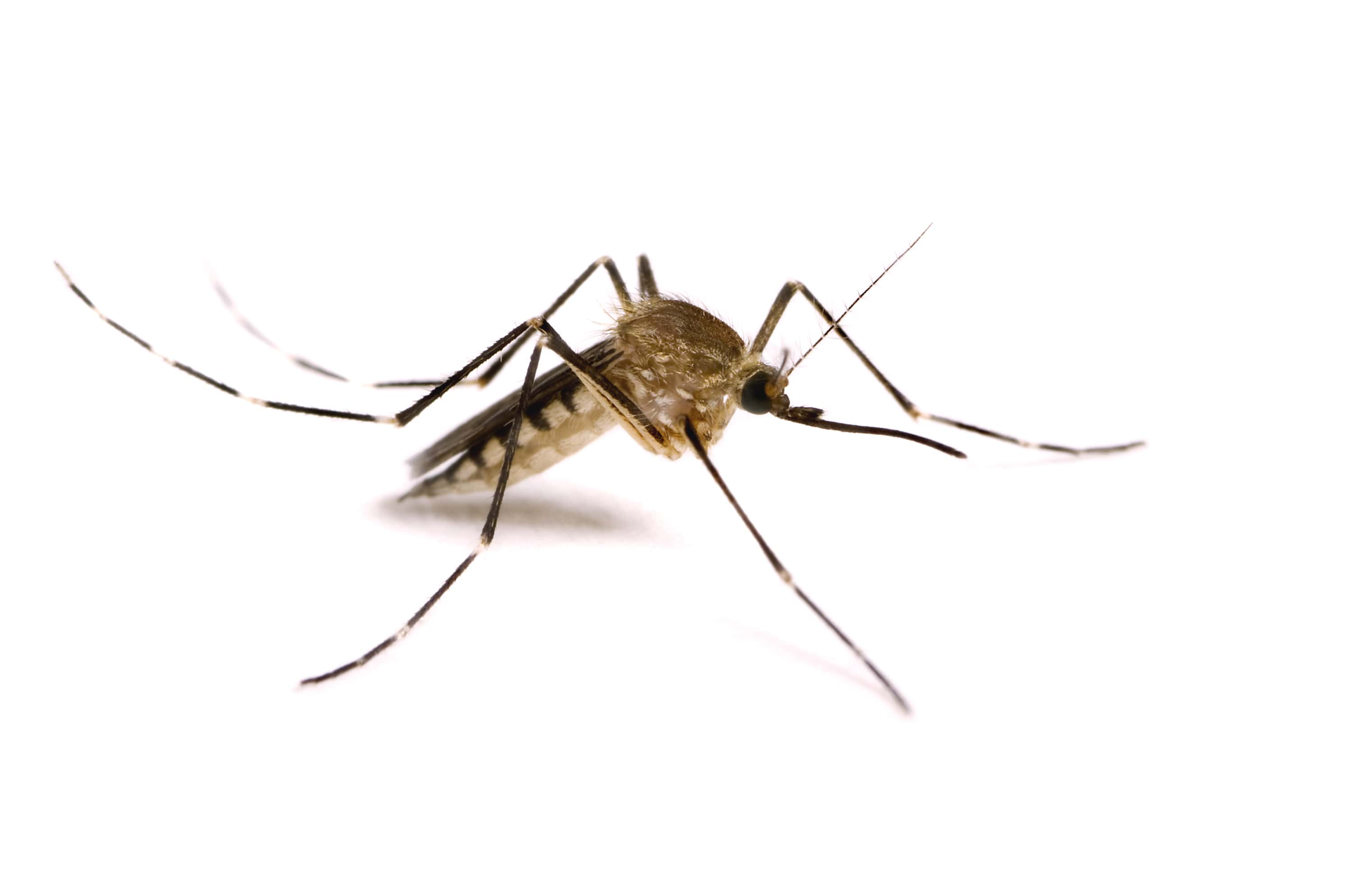State health officials are urging Hoosiers to take steps to protect themselves from mosquito bites after West Nile virus (WNV) was detected in mosquitoes for the first time this year.
A mosquito sample collected in Clinton County has tested positive for WNV. No human cases of WNV disease have been detected this year. However, the Indiana Department of Health (IDOH) expects WNV activity to continue across the state during mosquito season, which continues through the first hard freeze.
“With warm temperatures already here, people are spending more time outside. Taking a few precautions to avoid mosquito bites can help ensure Hoosiers enjoy outdoor activities safely,” said State Health Commissioner Lindsay Weaver, M.D., FACEP.
Even a container as small as a bottle cap can become a mosquito breeding ground, so residents should take the following steps to eliminate potential breeding grounds:
- Discard old tires, tin cans, ceramic pots, or other containers that can hold water
- Each week, empty and scrub items that hold water such as birdbaths, toys, pools, and flowerpot saucers
- Repair failed septic systems
- Drill holes in the bottom of recycling containers left outdoors
- Keep grass cut short and shrubbery trimmed
- Clean clogged roof gutters, particularly if leaves tend to plug up the drains
- Frequently replace the water in pet bowls
- Aerate ornamental pools, or stock them with predatory fish
State health officials recommend the following personal protective measures:
- Avoid being outdoors when mosquitoes are active (especially during evening hours, from dusk to dawn, and in the early morning)
- Apply an EPA-registered insect repellent containing DEET, picaridin, IR3535, oil of lemon eucalyptus, or para-menthane-diol to clothes and exposed skin
- Cover exposed skin by wearing long sleeves and long pants in places where mosquitoes are especially active, such as wooded and shady areas
- Install or repair screens on windows and doors to keep mosquitoes out of the home
About 80% of people infected with WNV virus will not develop any symptoms. About 20% of people infected with WNV will develop an illness accompanied by fever, headache, body aches, joint pains, vomiting, diarrhea or rash. Less than 1% of people infected with WNV will develop severe illness affecting the nervous system, which can include inflammation in the brain or in the membranes that cover the brain and spinal cord.
About 10% of severe WNV disease cases are fatal. People older than 60 years and those receiving immunosuppressive medications or treatments are at greatest risk of severe WNV disease.
People who think they may have West Nile virus should contact their healthcare provider.
IDOH has developed a mosquito surveillance dashboard, which will allow Hoosiers to better understand their risk for mosquito-borne disease based on virus activity occurring throughout the state.
To view the dashboard and learn more about mosquito-borne disease, visit the IDOH website.
Get the most recent Shelby County Post headlines delivered to your email. Go to shelbycountypost.com and click on the free daily email signup link at the top of the page.







